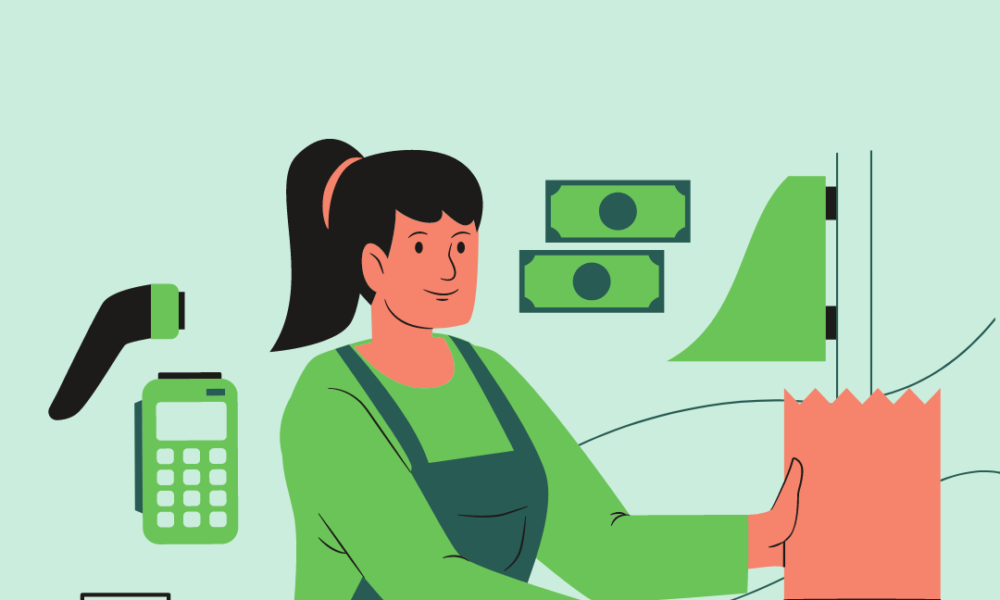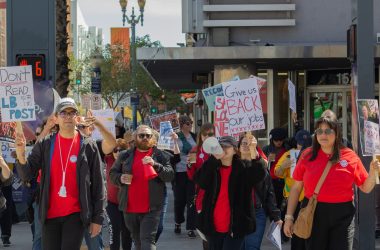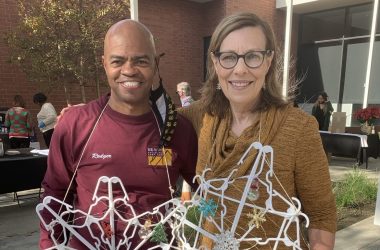As Long Beach State slowly reopens, along with the rest of the county, students who worked during the pandemic shared their insights and criticism on earning hero pay.
The Long Beach City Council initially passed the Hero Pay ordinance on Dec. 15, 2020, which required retail and grocery store locations to pay workers who were deemed essential “premium pay,” or additional compensation for working during the pandemic starting in January.
Long Beach Mayor Robert Garcia tweeted last December the importance of passing the ordinance for those who were working amid the pandemic.
Under the ordinance, grocery stores paid their frontline employees an additional $4 an hour in hazard pay wages.
When large corporations don’t step up to provide hazard pay for grocery workers, we will step in and protect these heroes. Thank you to the Long Beach City Council for adopting the emergency $4 hazard pay for grocery workers. I’m going to sign the law as soon as it hits my desk.
— Robert Garcia (@RobertGarcia) December 16, 2020
Fifth-year communication studies major Elijah Weir joined Trader Joe’s in March, just after the city had implemented the ordinance. He said he benefited from the extra income during those three months.
“I was working close to 30 hours, somewhere between 27 to 28 hours a week,” he said. “It was nice, I got to quit my old job being a manager for $18 an hour because I was making $19 during my time at Trader Joe’s.”
Weir said that after the ordinance ended in June, Trader Joe’s raised worker wages for those who were making $16 an hour or less, while those making more earned an increase of 25 cents.
While Weir wishes hero pay was still in effect, he said that the wage increase from Trader Joe’s has helped economically.
“It definitely maintained some comforts in my life,” he said. “I almost wonder why only the grocery stores and others like that were the only ones to benefit from it. If there is still some danger of catching the coronavirus, regardless of where you work, you should get hero pay.”
For health science senior Bryan Bartolo, he never even saw anything close to that type of a raise.
“Originally, we first got a $50 bonus from our boss through Venmo,” Bartolo, who worked at a small bakery, said. “I then got a 50 cents raise a short time later. So it wasn’t the hero pay like I thought it would be.”
While the bakery was not a large corporation, the workload was immense and the risks of contracting the virus remained the same, he said.
The bakery was always short-staffed, which left Bartolo to bake and run the registers.
He said he was fortunate to be living with his parents, where he could save money for a car and not worry about food expenses. But for others, it’s a struggle that Bartolo said should not be happening.
“I think there should be a lot of incentives with that,” he said. “We’re still in a pandemic. Even though we’re not a red state, and we have the vaccines, we’re still in it. There should be more effort.”




